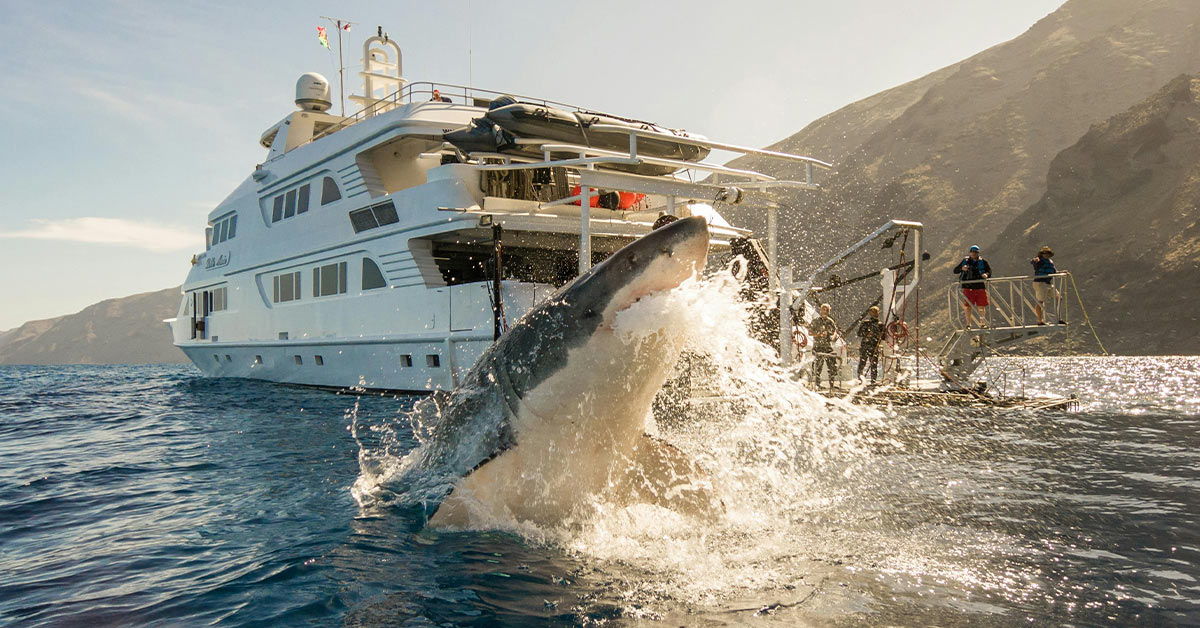Lawmakers Push Plan That Could Drive Dolphins and Whales to Extinction
Marine mammals have long borne the brunt of human exploitation—hunted for meat, oil, and fur, or treated as nuisances by coastal industries. Today, they face new dangers not from harpoons and seal clubs, but from legislative rollbacks that threaten the very law designed to keep them alive.
The Marine Mammal Protection Act (MMPA), passed in 1972, was the first U.S. law to establish a broad moratorium on killing or capturing marine mammals, protecting creatures like whales, dolphins, sea otters, and seals from being harmed or killed without specific authorization. But recent efforts in Congress signal a coordinated attempt to weaken those protections.

The Marine Mammal Protection Act has shielded vulnerable species for over 50 years.
New Proposals Would Strip Away Key Protections
A draft bill introduced by Representative Nicholas Begich (R-AK) would gut the MMPA by allowing higher levels of bycatch and weakening enforcement of safety measures in industries like offshore drilling and commercial fishing. Environmental groups say the bill would dismantle decades of progress.
Gib Brogan, a senior campaign director at Oceana, warned that the legislation “would cut huge holes in the safety net that protect these iconic species,” and urged lawmakers to reject it outright, calling it “a non-starter” in a statement published by DeeperBlue.
The proposed law would eliminate restrictions on bycatch, the unintentional killing of marine mammals by fishing operations. It would also make it harder for NOAA to designate critical habitats for endangered species. These changes could prove catastrophic for species already on the brink.

A new bill introduced in Congress would gut its core protections.
Rice’s Whales and North Atlantic Right Whales Are Running Out of Time
One especially chilling provision in a separate proposed spending bill would block enforcement of vessel speed limits in areas frequented by Rice’s whales and North Atlantic right whales—two of the most endangered whale species on Earth. As Defenders of Wildlife reports, the bill would prohibit funding for enforcement of new speed restrictions, effectively increasing the risk of deadly ship strikes.
With fewer than 100 Rice’s whales left, and roughly 360 North Atlantic right whales remaining, these restrictions are a death sentence.
“This bill prevents any money from being used to stop them from being brutally maimed or killed by speeding vessels,” said Daniel Moss of Defenders of Wildlife.
Yet these same riders persist in Congress, masquerading as economic policy while directly enabling extinction.

The bill blocks funding to designate critical habitats for endangered species.
A Legacy Law Under Constant Assault
The MMPA has endured multiple amendments since its passage—some strengthening protections, others diluting them. The 1994 amendment, for instance, restructured the oversight of captive marine mammals and established take reduction teams to minimize incidental harm. But in 2003, under the guise of national defense, lawmakers weakened the definition of “harassment” for military readiness activities, giving the Department of Defense sweeping exemption powers, the Animal Welfare Institute reports.
Another setback came in 2018, when Congress passed the Endangered Salmon Predation Prevention Act, authorizing the killing of sea lions in the Columbia River Basin to protect fish stocks. This marked a shift in the law’s intent—pitting marine mammals against other conservation priorities instead of working toward balanced, ecosystem-wide solutions.

NOAA would be barred from issuing new protections for marine mammals.
Coastal Communities Will Suffer Too
Marine mammals are not only vital to ocean ecosystems—they’re also central to the economies of many coastal communities. From whale-watching tours in New England to eco-tourism in Alaska, thousands of small businesses rely on healthy marine populations. Stripping the MMPA of its power could destabilize these local economies.
Regina Asmutis-Silvia of Whale and Dolphin Conservation warned that eliminating funding for marine mammal population surveys—something the current proposals also threaten—would blind agencies to what’s happening offshore. “It’s intentionally destructive,” she told DeeperBlue, adding that it would “devastate the coastal communities who rely on the tourism dollars that marine mammals bring.”

Activists warn this sets a precedent for killing to “manage” ecosystems.
The MMPA Is More Than a Law—It’s a Lifeline
Since its enactment, the MMPA has helped numerous species rebound from the brink. In the 1970s, dolphin deaths in tuna nets reached crisis levels, prompting U.S. bans on tuna imports from nations with inadequate bycatch regulations. These protections, later amended in 1984 and 1988, forced international fleets to adopt U.S.-level standards or risk losing access to American markets. The MMPA also laid the foundation for emergency responses to unusual mortality events and established the Marine Mammal Health and Stranding Response Program in 1992.
But the law’s strength lies in its principle: zero tolerance for unnecessary death. Its goal of reducing marine mammal mortality to levels approaching zero has remained its guiding star—even if political currents threaten to wash it away.
Click below to make a difference.





























































































































































































































































































































































